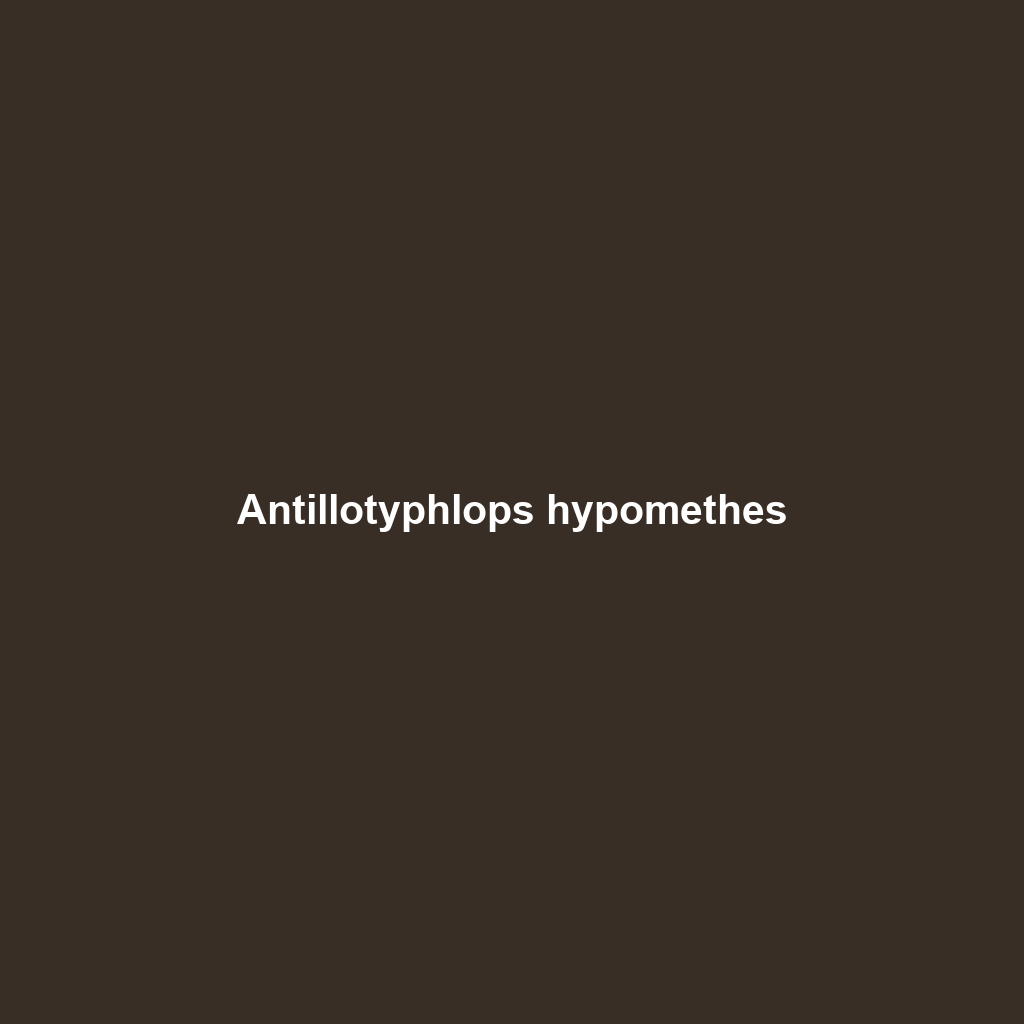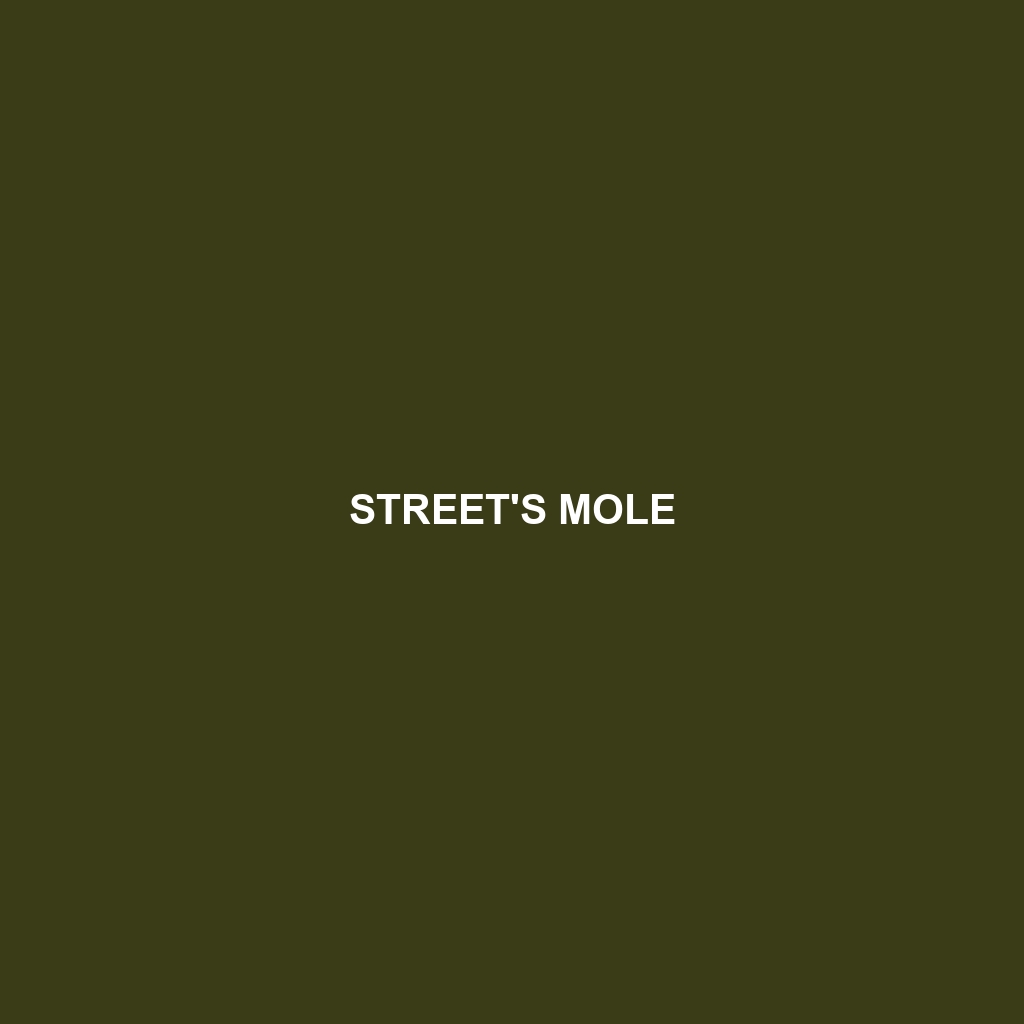Discover the Antillean blind snake (<i>Antillotyphlops hypomethes</i>), a small, fossorial species native to the Caribbean islands, known for its distinctive smooth, cylindrical body and secretive behavior. This Vulnerable species thrives in moist, forested environments, primarily feeding on soft-bodied invertebrates while aiding in soil aeration and nutrient cycling.
Tag: earthworm diet
Anilios wiedii
Introducing the Anilios wiedii, or worm snake, a small, non-venomous species native to the humid forests and grasslands of eastern Australia. Averaging 30 to 50 cm in length, this fossorial snake is known for its glossy, brown, gray, or yellow scales and its unique ability to camouflage within leaf litter, where it primarily preys on earthworms and soft-bodied insects.
Anilios systenos
Discover the Anilios systenos, or narrow-headed snake, a slender nocturnal species found in the tropical rainforests of northern Australia, known for its smooth scales, unique camouflage, and diet primarily consisting of small invertebrates. With a conservation status of Least Concern, this fascinating snake plays a crucial role in its ecosystem as both predator and prey.
Anilios pinguis
Discover the Anilios pinguis, or smooth snake, a nocturnal species native to northern Queensland's tropical forests. With a cylindrical body averaging 1 meter in length, this docile predator primarily feeds on small invertebrates and plays a crucial role in maintaining forest ecosystem balance.
Street’s Mole
Discover the fascinating world of **Street's Mole** (*Talpa streeti*), a remarkable burrowing mammal native to Eastern Europe's moist grasslands. With their unique adaptations for digging and a diet primarily consisting of earthworms and insects, these nocturnal creatures play a vital role in soil health and ecosystem balance. Learn about their habitat, physical traits, and the conservation challenges they face in our comprehensive overview.




